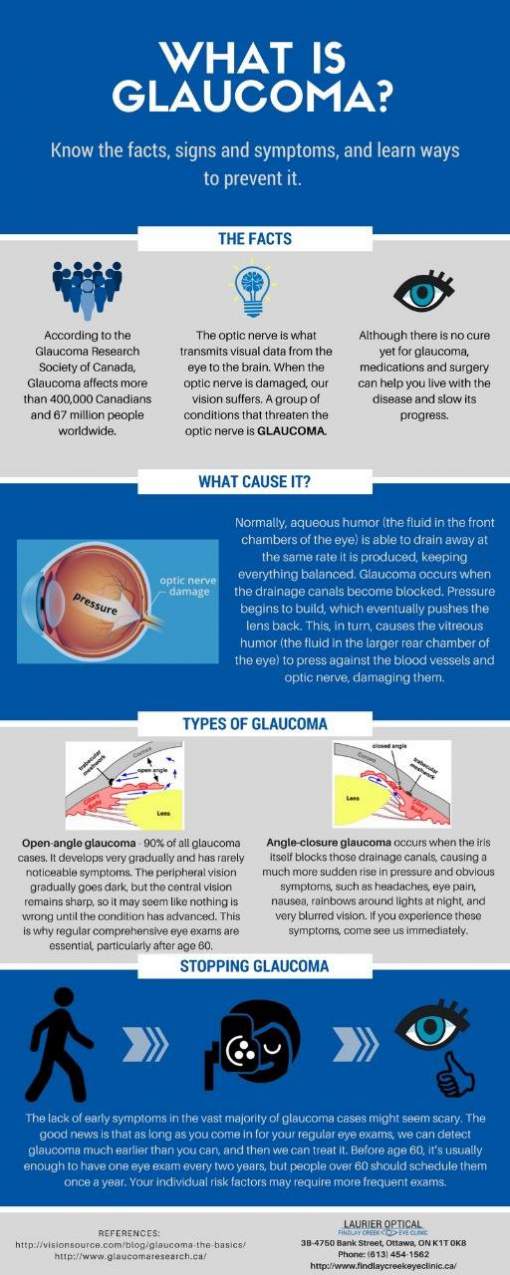Aiding A Family Member Going Through Cataract Surgery: Insights From A Caretaker'S Point Of View
Aiding A Family Member Going Through Cataract Surgery: Insights From A Caretaker'S Point Of View
Blog Article
Material By-Spencer MacLean
As a caretaker sustaining a loved one encountering cataract surgical procedure, your duty is critical in ensuring their comfort and recuperation. From go to this site -surgery preparations to post-operative care, your visibility and support can make a considerable distinction in their trip. Understanding the emotional and physical obstacles they may run into, giving useful help, and being their column of support are crucial elements in this process. Keep in mind, your role goes beyond simply using support; it has to do with being a source of strength and convenience throughout a considerable stage in their life.
Comprehending Cataract Surgical Treatment Refine
Discovering the steps associated with cataract surgery can assist reduce any kind of anxiety or uncertainty you might have about the treatment. Cataract surgery is a typical and very successful treatment that entails getting rid of the over cast lens in your eye and changing it with a clear man-made lens.
Prior to the surgical procedure, your eye will be numbed with eye declines or a shot to guarantee you do not really feel any kind of pain throughout the treatment. The doctor will make a little cut in your eye to access the cataract and break it up making use of ultrasound waves prior to carefully removing it.
When the cataract is eliminated, the synthetic lens will certainly be inserted in its place. The entire surgical procedure commonly takes about 15-30 minutes per eye and is normally done one eye at once.
After the surgery, you might experience some mild pain or blurred vision, but this is regular and ought to boost as your eye heals.
Preparing for Surgical Treatment With Each Other
To ensure a smooth and hassle-free experience, getting ready for cataract surgical procedure together can make a significant distinction in your loved one's trip. Begin by attending pre-surgery appointments with them. This way, you can ask concerns, comprehend the treatment, and provide emotional support.
Help them organize their pre-operative instructions, drugs, and transport to and from the medical facility. Make sure their home awaits their recuperation by establishing a comfy space with very easy access to vital things.
Aid them in arranging for post-operative treatment if needed, such as assist with meals or family duties. Motivate them to adhere to the medical professional's suggestions pertaining to fasting before surgery and medication protocols.
Reassure them that you'll be there for them every step of the way. By actively joining the prep work process, you can ease anxiousness and guarantee that your loved one really feels supported and looked after throughout this vital time.
Post-Operative Treatment Tips
After cataract surgery, providing appropriate post-operative treatment is critical for your enjoyed one's recovery. Guarantee they put on the safety shield over their eye as advised by the physician. Help them administer prescribed eye declines and drugs on time to stop infection and aid healing.
Motivate your enjoyed one to stay clear of touching or massaging their eyes, as this can bring about difficulties. Assist them in complying with any constraints on bending, raising heavy things, or joining laborious tasks to avoid stress on the eyes. Make sure https://rentry.co/kz7kffad participate in all follow-up consultations with the eye doctor for monitoring progress.
Keep the eye location tidy and dry, avoiding water or soap straight in the eyes. Urge your enjoyed one to use sunglasses to safeguard their eyes from brilliant light and glow throughout the recovery procedure. Be patient and encouraging as they recuperate, offering aid with daily jobs as required.
Cataract Surgery Didn't Work
In conclusion, supporting a loved one with cataract surgery includes being there every step of the means, from pre-surgery preparations to post-operative care. Your emotional support, sensible assistance, and support can make a significant distinction in their recovery process. By staying educated, organized, and conscientious to their needs, you can help ensure an effective outcome and give them with the comfort and reassurance they require throughout this tough time.
